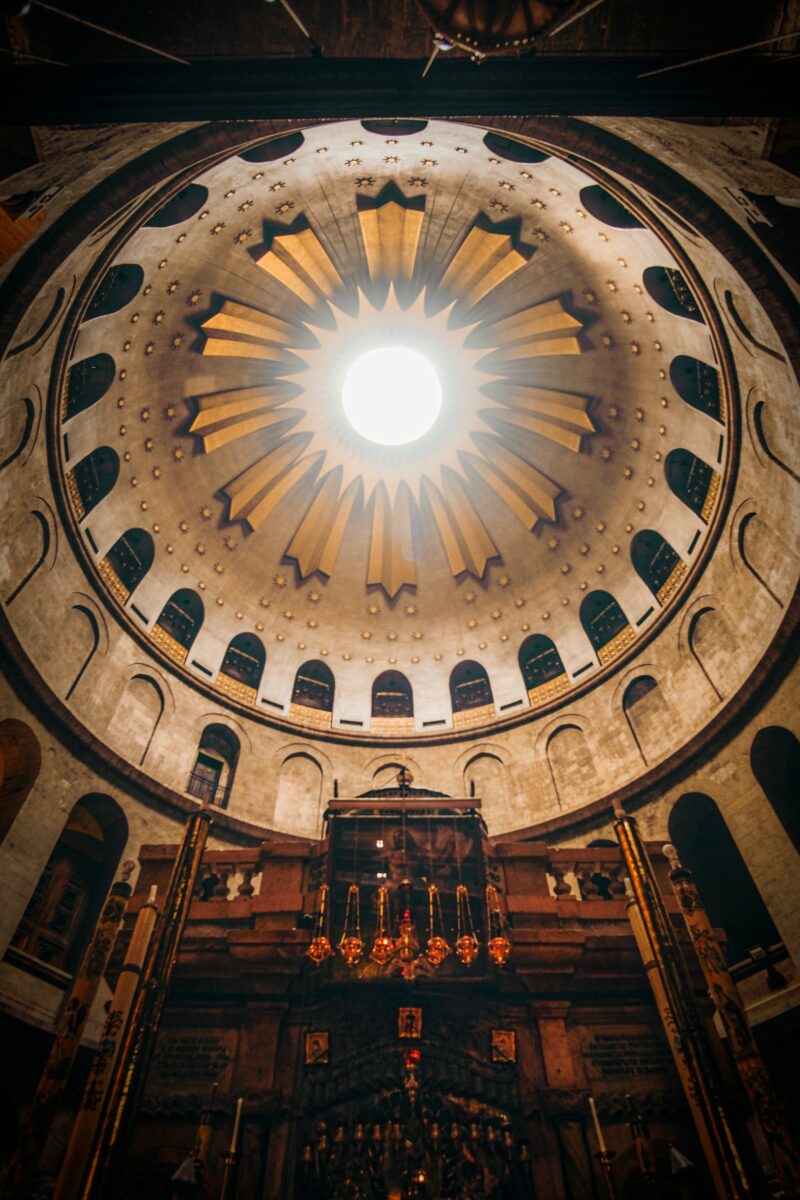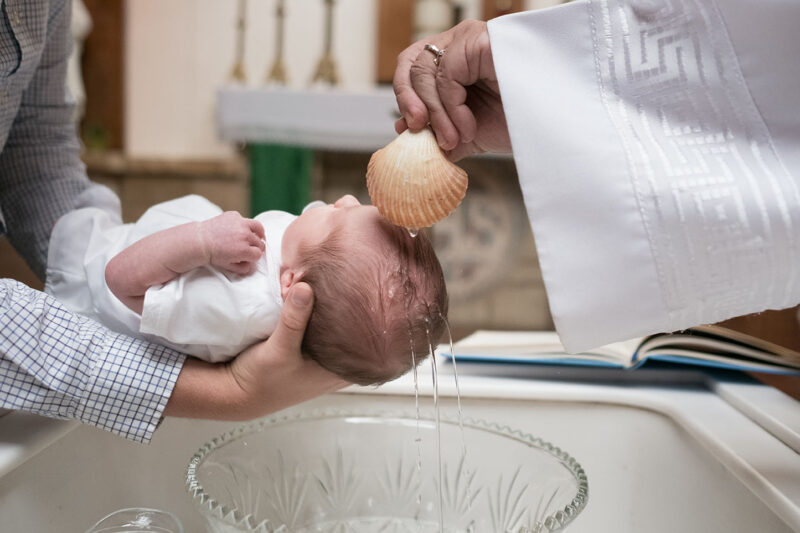
The Pastoral Formation Institute is licensed by MFHEA
(Licence #: 2013-FHI-023) as a Further and Higher Educational Institute. The Award in Spiritual Dimension in Elderly Care for Healthcare Professionals is accredited at EQF/MQF Level 7, as Further Education Programme.

Students who successfully complete this course may apply for the Get Qualified Scheme which will enable them to benefit from a tax credit of 70% of the costs incurred (i.e. €87.50 will be refunded for this course).
Spirituality is an important aspect of holistic care that is frequently overlooked. This study unit seeks to critically discuss the importance of integrating the spiritual dimension of care in the care of the elderly, while identifying the difficulties in conceptualising spirituality/religiosity in elderly care. The programme aims to explore implementation models, theories, and frameworks in competencies for spiritual care, with a particular focus on the EPICC European standard in core competencies in spiritual care (2016-2019). It seeks to explain the theoretical and practical underpinnings of effective leadership, expertise, and collaborative approaches to equip healthcare providers to effectively incorporate spirituality into their practice.
Professionals, mainly nurses, working in elderly care settings
Target Audience Age: 19+
This course consists of 11 in-person sessions
Self-Study Hours: 75
Contact Hours: 25
Assessment Hours: 25
Session 1: Defining Spirituality and Spiritual Care in Healthcare – Competencies in Spiritual Care
Debate continues over defining and exploring the concept of spirituality and its relationship with religion. The concepts are often used interchangeably, yet they are distinct, as nurses can provide spiritual care even in the absence of a belief system. Despite the complexity of the spiritual dimension of care and the lack of an agreed-upon definition, nurses are expected to address this aspect of care. Literature generally considers spiritual care an integral aspect of nurses’ practice, giving them a clear and legitimate role in diagnosing the spiritual and religious needs that affect care (Baldacchino, 2009).
Spirituality and spiritual care in health are related to how patients and health professionals seek and express meaning, purpose, connection, value, or transcendence in the context of illness and health. There is a growing body of evidence showing that spirituality is linked to better health outcomes, patient satisfaction, medical decision-making, and quality of life. This session aims to introduce and debate the various definitions of spirituality and spiritual care, as well as the multidimensional spiritual field.
Session 2: Interpersonal and Intrapersonal Spirituality
Interpersonal and intrapersonal spirituality play integral roles in providing patient-centred care. Understanding and addressing the spiritual dimensions of healthcare contribute to a more compassionate, culturally sensitive, and holistic approach to patient well-being.
Interpersonal spirituality in elderly patient care involves:
- Cultural Sensitivity: Effective communication and empathy
- Collaboration with Spiritual Care Providers
- Addressing Ethical Dilemmas
Intrapersonal spirituality deals with:
- Self-Reflection and Awareness
- Preventing Burnout
- Enhancing Empathy and Compassion
- Ethical Decision-Making
- Modelling Holistic Well-being
This session aims to critically analyse the importance of these concepts in elderly care.
Session 3: Spiritual Assessment and Evaluation of Care
There is general agreement that identifying and responding to spiritual needs is the responsibility of every worker. Research in spiritual care shows the emergence of several tools designed to measure and rate quantitatively or qualitatively the client’s spirituality, spiritual distress, and spiritual coping. The SCCS tool (McSherry, 2012) is effective in assessing spiritual care competencies in nurses. In this session, the learner is introduced to formal and informal approaches to assess patients’ spiritual needs, plan for necessary interventions based on the available resources, and evaluate whether the patients’ needs were met.
Session 4: Loss, Grief, and Compassion in the Elderly
Loss, grief, and compassion in elderly care are essential to equip healthcare professionals and caregivers with the knowledge and skills needed to support elderly individuals and their families during challenging times.
The aim of this session is to provide an understanding of loss and grief, namely:
- Define types of loss (physical, cognitive, social, etc.)
- Understand the grieving process and its individual variations; normalising grief as a natural response to loss
- Discuss common losses in ageing
- Recognise the cultural and spiritual perspectives of loss
Session 5: Spiritual Care in Elderly Rehabilitation
Here is the proofread version of your text in UK English:
Spiritual care is an integral component of the rehabilitation process for elderly individuals. It involves addressing the spiritual and existential needs of the person, recognising the interconnectedness of physical, emotional, and spiritual well-being. Incorporating spiritual care into rehabilitation contributes to a more holistic and person-centred approach. This session will discuss the spiritual needs specifically of the elderly who are in rehabilitation, namely:
- Finding effective ways to work with hospitalised older adults
- Identifying support and coping strategies to enhance inner peace, meaning, and resilience in confronting changes and hardships
Learners will explore ways in which healthcare workers can assist patients to be creative and better confront their feelings of suffering and solitude.
Session 6: Spiritual Care and Mental Health
Spirituality plays a significant role in mental health, and many individuals find solace, support, and meaning in their spiritual beliefs and practices. The relationship between spirituality and mental health is complex and multifaceted, and it can vary greatly from person to person. This session will discuss the various complex mental health issues that elderly individuals may encounter and provide skills that may assist healthcare workers in managing and caring for the elderly to help them find solace, support, and meaning through their spirituality.
Session 7: Spiritual Care in Dementia
This session will seek to critically discuss the myths related to spirituality and dementia in different cultural contexts. It will also describe the experiences and importance of spirituality from the perspectives of persons living with dementia, and formal and informal caregivers. Moreover, the challenges and potential solutions of providing spiritual care to persons living with dementia will be identified. Finally, the role of religious communities in creating dementia-friendly churches will be discussed.
Session 8: The Role of Religion in Spiritual Care for the Elderly
Religion can play a significant role in providing spiritual care for the elderly. As individuals age, they often confront questions about the meaning of life, mortality, and the purpose of their existence. Religious beliefs and practices can offer comfort, guidance, and a sense of connection to something greater, providing a framework for understanding and navigating these existential concerns.
This session will focus on religion, which is integral to spiritual care. It will discuss the diversity of religious beliefs and practices among the elderly population and emphasize the importance of being inclusive and culturally sensitive in delivering spiritual care
Session 9: The Sacraments in Different Religions and Spirituality
The Roman Catholic Church defines a sacrament as “an outward sign of an inward (invisible) grace, instituted by Jesus Christ.” Although various world religions do not agree on the nature and number of sacraments, nor do they necessarily call them as such, they concur that there are important rituals that initiate individuals into the community and enable them to grow spiritually. All cultures and religions celebrate significant rites of passage throughout life’s events. These rituals recognise important events in the lives of both individuals and the community. This session will discuss the religious practices of various denominations and their importance in holistic elderly care.
Session 10: Case Scenarios in the Spiritual Dimension of Elderly Care
This session will present different case scenarios to assess and evaluate the learners’ knowledge, skills, and attitudes acquired during the programme, to apply when caring for the elderly.
Session 11: Seminar ‘Spirituality in Everyday Elderly Care Practice’
The course will be held on Tuesdays from 9:30am – 11:30am
Ta’ Mlit Pastoral Centre, Mosta
October 2024
| Date | Session |
|---|---|
| 8th October 2024 | Defining ‘Spirituality’ and ‘Spiritual Care’ in Healthcare Competencies in spiritual care |
| 15th October 2024 | Interpersonal and intrapersonal spirituality |
| 22nd October 2024 | Spiritual assessment and evaluation of care |
| 29th October 2024 | Loss, grief and compassion in the elderly |
November 2024
| Date | Session |
|---|---|
| 5th November 2024 | Spiritual care in the rehabilitation of the elderly |
| 12th November 2024 | Spiritual care and mental health |
| 19th November 2024 | Spiritual care in dementia |
| 26th November 2024 | The role of religion in spiritual care for the elderly |
December 2024
| Date | Session |
|---|---|
| 3rd December 2024 | The sacraments in different religions and spirituality |
| 10th December 2024 | Case scenarios in the Spiritual Dimension of elderly care |
January 2025
| Date | Session |
|---|---|
| 14th January 2025 9:30am – 2:30pm | Seminar: ‘Spirituality in Everyday Elderly Care Practice’ |
This course has one exit certificate option:
Certificate of Achievement
A Certificate of Achievement is awarded to students who successfully concluded the course, that is;
- attend a minimum of 80% of all contact hours
- complete and pass from written assignment and presentation
Click here to view the PFI’s Grading System
EQF/MQF Level: Level 7
Accreditation Category: Further Education Programme
Total ECTS: 5 ECTS
Award Institution: Pastoral Formation Institute

The Pastoral Formation Institute is licensed by MFHEA
(Licence #: 2013-FHI-023) as a Further and Higher Educational Institute. The Award in Spiritual Dimension in Elderly Care for Healthcare Professionals is accredited at EQF/MQF Level 7, as Further Education Programme.
 | Funding Students completing the Award in Spiritual Dimension in Elderly Care for Healthcare Professionals can apply for the Get Qualified Scheme which will enable them to benefit from a tax credit of 70% of the costs incurred (i.e. €87.50 will be refunded back for this course). |
Qualifications: Applicants must possess a minimum of an MQF/EQF Level 6 or higher qualification. Kindly submit a copy of your highest qualification in the application form below.
Language: Applicants must have a basic understanding of Maltese and be proficient in English.
Digital: Applicants must know how to access and use the internet and use office suites.













